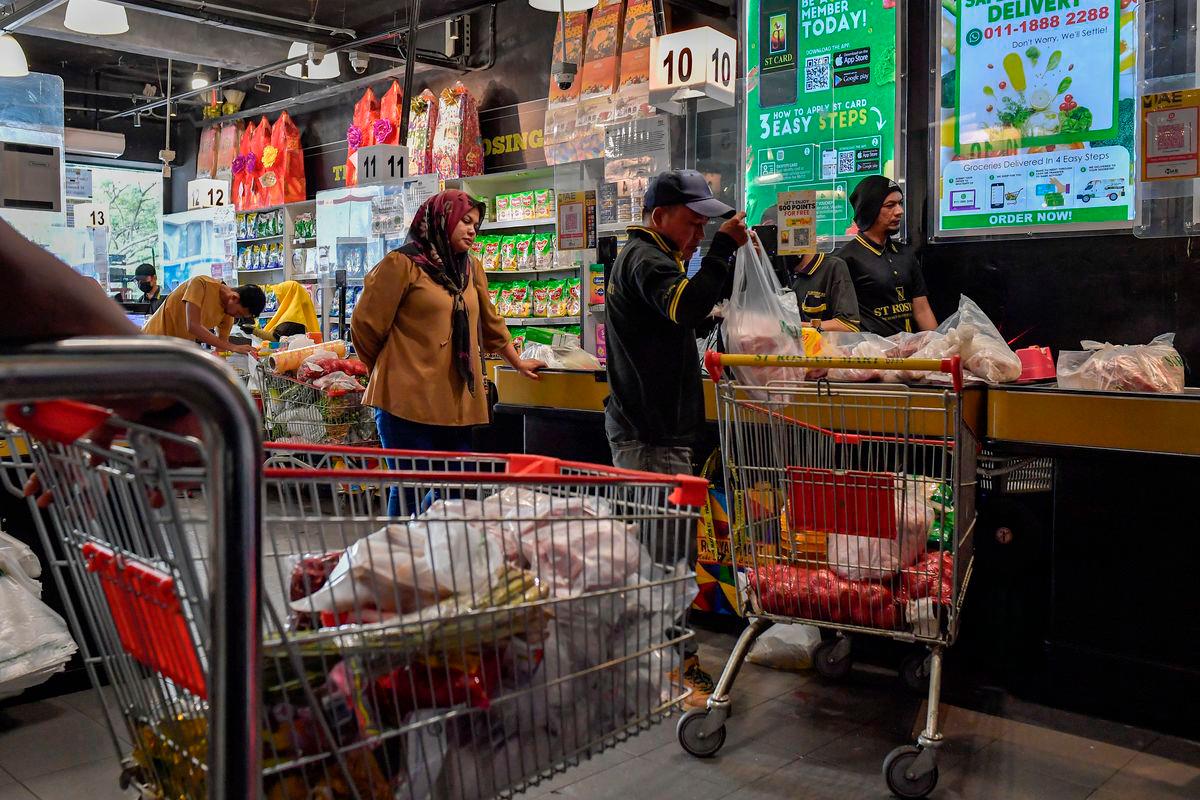PETALING JAYA: While Budget 2026 raised allocations for the Sara aid scheme, many Malaysians remain unconvinced that it is a better alternative to the direct cash aid once offered under STR. For some, the shift has brought more restrictions than relief.
Homemaker Nuraida Mohd Ramlee, 42, said she preferred STR because it gave her freedom to manage household spending according to her family’s needs.
“STR was direct cash, transferred straight into our bank accounts and we could use it for whatever was urgent – school fees, rent or repairs. With Sara, it feels more limited because we can only use it in certain places and on certain items. Not every family has the same needs,” she told theSun.
Under Sara, recipients use their MyKad to purchase essential items at selected supermarkets and retail outlets, with the aid value stored digitally and deducted during eligible transactions.
While the system aims to ensure that assistance goes towards daily necessities, it has created practical challenges for many low-income families.
Nuraida said the process can be cumbersome.
“Sometimes when I key in my MyKad, it doesn’t register and I have to try again. Or the shop takes a long time to scan items to check if they’re eligible, which holds up the queue.
“Cash or direct transfers were simpler – no scanning, no restrictions.”
She added that while Sara provides some food security, it does little to ease other rising costs such as rent and electricity bills.
Ahmad (not his real name), 28, who works part-time as an e-hailing driver and sales assistant, shared similar frustrations.
As a single recipient, he will no longer receive STR next year but will get Sara instead, which he described as “good, but not great, even if it’s more”.
“The lack of flexibility makes it harder to plan monthly expenses. I used to organise my budget around the four STR payments, especially during festive seasons.
“Now, it feels more like getting a supermarket voucher instead of cash. If your needs don’t fit what’s covered, there’s not much you can do.”
He added that implementation in smaller towns has been uneven.
“Not all shops accept Sara. Many small-town outlets don’t even have the system. It should be expanded and made easier to use.”
While everyone who qualifies for STR automatically receives Sara, Ahmad said the system still feels restrictive.
“It’s fair that everyone gets it, but not everyone spends the same way. STR gave us more freedom to decide what mattered most.”
However, not everyone disagrees with the shift.
Raja (not his real name), 30, an engineer, said Sara is a step in the right direction, especially in ensuring that aid money is spent responsibly.
“At least with Sara, the money goes to real necessities such as food. Some people might not manage cash well, so this helps them to prioritise the essentials.”
While acknowledging that STR was simpler, Raja believes Sara brings more accountability to public spending.
“STR was easier, yes, but Sara is safer. At least now the spending goes straight to the essentials.”
Still, he believes the programme can be improved.
“They should expand the eligible items – maybe include baby formula, school supplies or even fuel.
“It would make Sara more meaningful for different households.”









